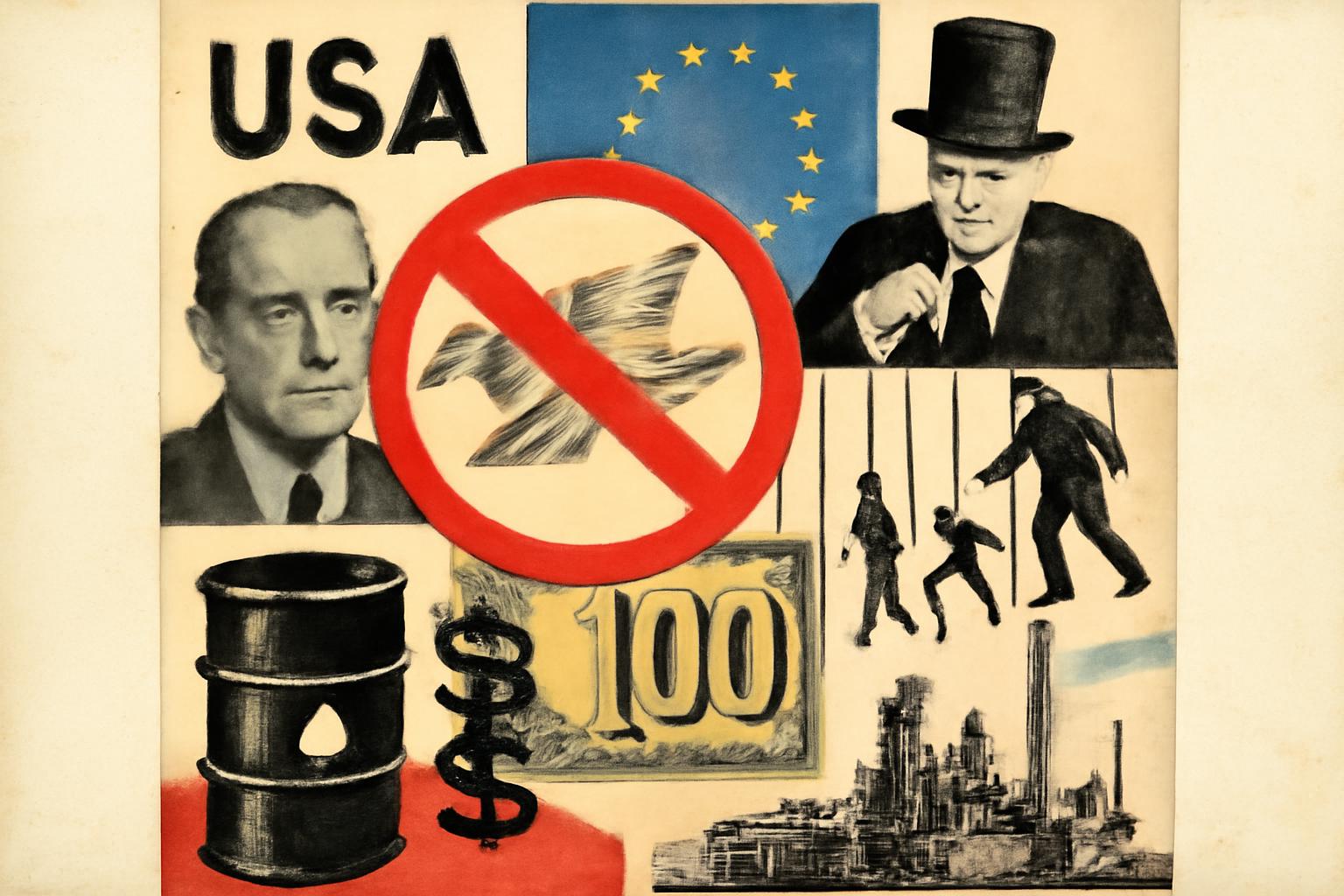This entire spectacle is yet another sordid example of statist hubris—governments presuming they ought to direct vast sums of private capital and resources, sacrificing the sovereignty of individuals and voluntary exchange on the altar of geopolitical games. The “agreement” to import $750 billion of American energy into the EU—crafted by bureaucrats and politicians, not by market participants—epitomizes Hayek’s warning against the “fatal conceit” of central planners who believe they can master the spontaneous order of the market with edicts and targets.
It’s telling that no one—least of all the supposed “representatives” struck with confidence-inspiring uncertainty—knows how this would even work, who will buy what, and, critically, who pays. If these purchases are to be financed by public funds or guarantees (a likely outcome; the state is always incapable of resisting the urge to meddle), it becomes just another transfer of risk and cost onto taxpayers and consumers. Private companies, left to their own devices, would engage in trade based on price, reliability, and value—not because their rulers shook hands in a gilded chamber. As Rand would stress, trade is a moral activity only when it is voluntary, uninfluenced by threats, decrees, or political pressure.
All we’re seeing is the state manipulating economic actors to serve political ends: economic nationalism masquerading as cooperation. The individual businessmen—who actually create energy, wealth, and technological progress—are made into pawns, subject to government quotas and directives. The massive numbers announced are obviously arbitrary, untethered from market realities, which Nozick reminds us is the inevitable result when the state tries to “pattern” outcomes rather than let them emerge from individual choices. It’s coercion, not contract; it’s compulsion, not commerce.
Moreover, the circus of tariffs, state-directed investments, and diplomatic handwringing simply entrenches the parasitism of the political class. EU apparatchiks and American technocrats pretend to “facilitate” business; in practice, they erect barriers and price controls, distort supply and demand, and sow uncertainty. Hayek’s critique is crystal clear: knowledge is dispersed, and only the price system can coordinate billions of plans without omniscience or despotism. What possible good comes from eliminating Russian energy imports only to have the state anoint new winners in the marketplace? None. It just shifts the “who you must trade with” edict from one set of gangsters to another.
If these “investments” and “purchases” truly had a basis in mutual gain, no such announcements would be necessary: individuals and firms, left alone, could and would make deals as they saw fit. Only the state—inefficient, unaccountable, and insecure—needs pageantry and compulsion to move capital across borders.
It is another illustration of why the state should have no place at all in trade, energy, or the organization of society. Individuals, with their property and freedom, should be left to pursue their own profit without interference from power-hungry mediocrities in Brussels, Washington, or anywhere else. The sooner we abolish economic dirigisme and restore true liberty, the sooner we will be free of both the incompetence and the tyranny on display here.
